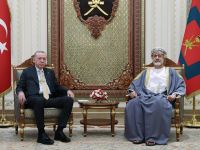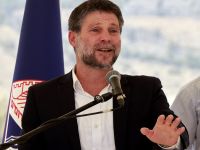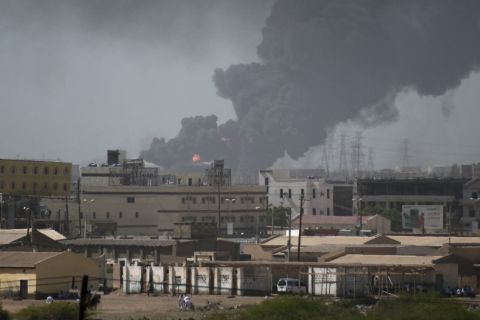The coming two decades are expected to see the biggest ever expansion of power generation capacity in the Arabian Gulf countries with the coming year seen as a turning point, say leading industry observers.
“With the economic climate changing and growth continuing, we expect to see a plethora of power projects emerging as countries put the finishing touches to their multi-billion dollar plans,” said Anita Mathews, Exhibition Director of Middle East Electricity, the region’s largest trade show for the power and energy sector now in its 36th year. The main focuses of Middle East Electricity include power generation, transmission and distribution; commercial, industrial and residential lighting; water; new and renewable energy; and nuclear energy.
“Throughout the Gulf Co-operation Council (GCC) countries, power utility companies are looking at having to meet the doubling and in some cases even tripling of demand and consumption within the next 20 years,” Mathews added.
The Middle East Electricity show organisers said more than 60% of the available exhibition space had already been sold for next year’s event from 8 to 10 February 2011 at the Dubai International Exhibition Centre. “We confidently expect the show to sell out months in advance of opening such is the intense importance of the region to the worldwide energy industry.
“It is easy to see why there is so much interest in the region with multi-billion dollar contracts recently awarded or pending,” Mathews added. “As with all industries, the global slowdown has had its effect on the energy industry but in spite of the recent focus on cash-strapped governments, the region is a world hot spot as far as large scale projects and plans are concerned.
“Governments across the Middle East face massive shortfalls when comparing demand and supply for both water and electricity. Those governments are committed to developing projects to overcome these shortfalls and they welcome international expertise in doing so.
“For example, Kuwait plans to spend US$15 billion to double power capacity to 20,000 megawatts by 2020. Saudi Arabia’s power consumption could rise 57% to 65,000 megawatts by 2018. The Abu Dhabi Water and Electricity Company sees power demand more than doubling by 2020. Dubai is tendering its first-ever private deal for a power generation and water desalination plant; and the UAE recently awarded a $40 billion contract for the GCC’s first nuclear power plants.”
Middle East Electricity is recognised as the region’s international meeting place for the power industry with this year’s show featuring almost 1,000 exhibitors with an attendance of 49,000 visitors from 105 countries, the organisers said.








